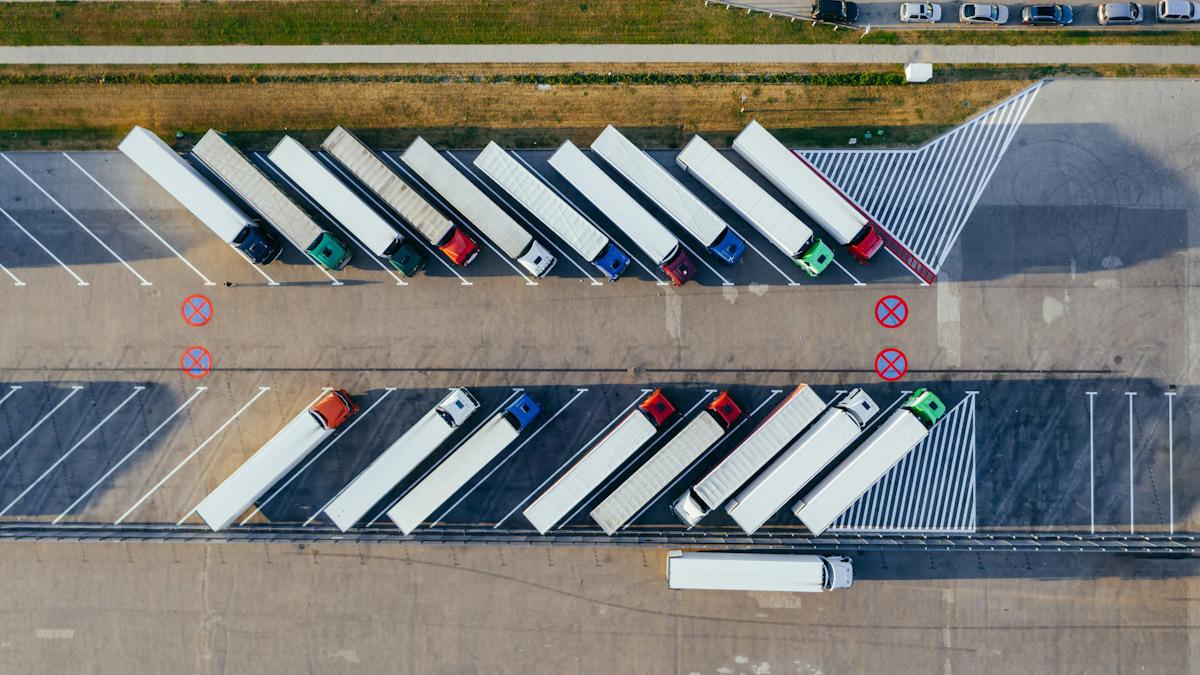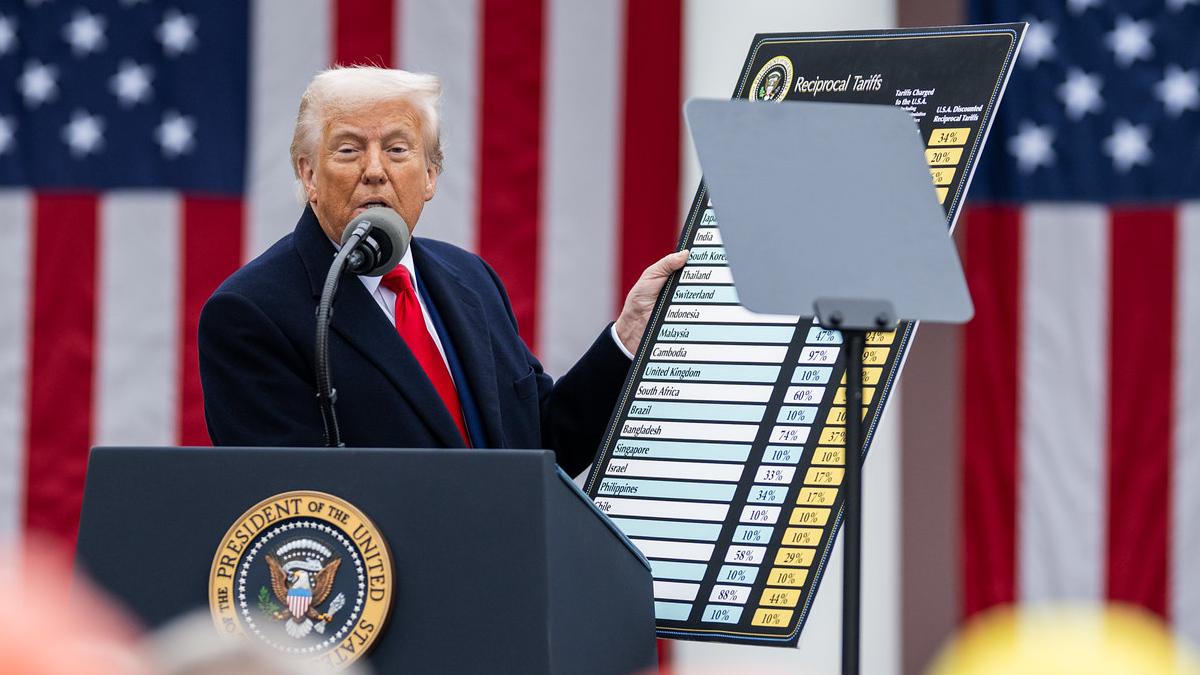BIO rings alarm bells over Trump's pharma tariffs

President Trump's tariffs on goods coming into the US from Europe, China, and Canada could have a profound and damaging impact on the biopharma sector.
That's the conclusion of a survey carried out by the Biotechnology Innovation Organization (BIO) last month on its member companies, which found that nearly 90% of them rely on imported components for at least half of their FDA-approved products.
Almost all the biotechs (94%) are expecting their manufacturing costs to rise sharply if tariffs are placed on imports from the EU, while 50% of them said they would need to find new outsourcing partners for research and manufacturing - and that could delay plans to file new medicines for approval and restrict access to affordable drugs.
BIO's survey also found that 80% of biotech firms would need at least 12 months to find alternative suppliers, while nearly half (44%) would require more than two years.
The poll has emerged as the Trump administration has continued to double down on its tariff threats across multiple industrial sectors, with a decision made last night to impose a 25% levy on cars and automotive components coming into the US from 2nd April.
In the last few weeks, it also imposed tariffs of 20% on all imports from China, a major supplier of ingredients and other materials used in the pharma industry, and threatened a flat 25% rate on all pharma imports that could increase over subsequent months, alluding to exemptions for companies that commit to reshoring manufacturing.
Since then, two big pharma groups – Eli Lilly and Johnson & Johnson – have already gone public with commitments to invest in new manufacturing facilities within the US.
"This survey demonstrates the far-reaching and potentially damaging impacts of the proposed tariffs on our biotechnology industry, on biomedical research, and on patients," commented BIO's president and chief executive, John Crowley.
The trade organisation supports policies that can incentivise the reshoring of medicine manufacturing to the US and "our allies," he added, but warned that the process could take many years.
"We look forward to working with the Administration and Congress to develop incentives and policies that drive private sector dollars to spur a renaissance of US biotech manufacturing," said Crowley.
Meanwhile, in another example of Trump's transactional approach to governance, he suggested yesterday that tariffs on China might be reduced if a deal can be reached to sell the US operations of ByteDance's TikTok video-sharing app, used by 170 million Americans.
Photo by Marcin Jozwiak on Unsplash












